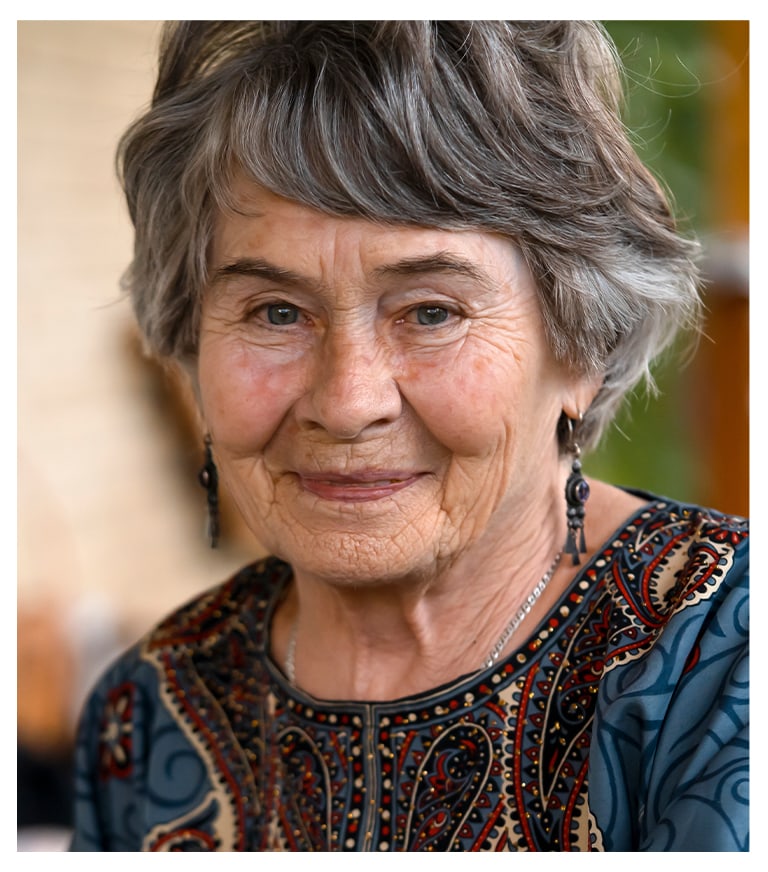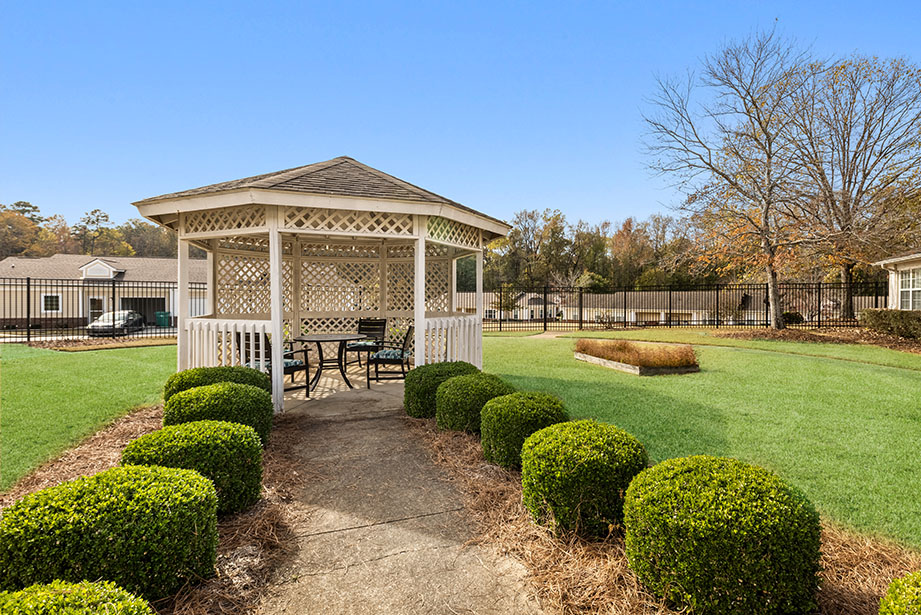Key Takeaways
- Couples can remain close even when one spouse needs memory care and the other does not.
- Senior living communities often offer independent living and memory care in one location.
- Families can look for communities where care levels are available within the same campus or apartment.
- Touring the community helps families understand the layout, shared spaces, and daily routines.
- Independent spouses can enjoy their usual activities while staying connected to their partner.
- A community with flexible care levels supports couples as needs change over time.
What Happens When Only One Spouse Needs Memory Care
When one spouse begins to need more daily support, families often worry about how a couple can stay together. It’s common to feel unsure about what the next step should look like or how to balance safety, independence, and connection. Fortunately, you have options.
Specialized senior living communities now offer solutions that let couples stay close while each receives the level of care they need. So, if one loved one needs memory care and their spouse does not, they can continue living the life they love.
What to Do When Care Needs Are Different for an Older Couple
When one spouse remains independent while the other begins to show signs of memory loss, you may notice changes. Daily routines, medication management, or comfort with familiar tasks can slowly shift over time. These shifts can be subtle, but they often indicate that your loved one needs a little more support than they’re getting.
Fortunately, couples can stay close even when one spouse needs memory care and the other does not. The key is choosing a community that provides both levels of support within a shared environment. This helps families avoid the difficult situation of separating spouses or relying on unsafe care arrangements at home.
Can a Couple in Senior Living Receive Different Levels of Care?
Many senior living communities offer independent living and memory care in one location. This lets each spouse receive the right level of support while staying near one another. Your loved one can visit throughout the day, share their meals, and continue the routines that make their relationship strong.
In fact, some communities offer varying levels of care in the same apartment. It helps to call ahead and ask potential communities how they navigate shifting levels of care. Your loved ones may be able to continue living together—it all depends on the community.
Planning a Move With Both Spouses in Mind
Choosing a community with several levels of care involves more than identifying current needs.
Understanding the Levels of Care Available
Look for communities that provide independent living and memory care on the same campus. This structure helps couples stay close while giving each spouse the support that fits their needs. It also gives families confidence knowing that care can adapt over time without requiring a separate move later on.
Determining Which Community Structures Support Both Spouses
Consider how the community is laid out and whether it makes daily life easier for both partners. Short walking paths, accessible entrances, and close proximity between living areas can make visits simple and comfortable. These details often affect how natural it feels for spouses to stay connected throughout the day.
What Families Should Look For During a Tour
A tour helps you understand how each part of the community functions in real time. Notice how residents move between dining areas, outdoor spaces, and activity rooms, and consider how these spaces would support both spouses. This can help you picture what daily routines might look like and whether the environment aligns with your family’s comfort and expectations.

Supporting the Independent Spouse’s Daily Life
The independent spouse should still have the space to enjoy their daily routines, social activities, and personal interests. In a senior living community, they can participate in fitness classes, enjoy meals, join events, or relax in their own residence while staying close to their partner. This can be incredibly helpful for strengthening their relationship.
This balance often brings peace of mind. The independent spouse maintains their lifestyle while knowing their partner receives safe, reliable memory support nearby. When dementia is involved, the right memory care community can significantly reduce stress for your family.
Finding the Right Community for Your Family
Families navigating different care needs don’t have to choose distance or separation. At Summer Village Senior Living, independent living and memory care are located within the same supportive community. Our Magnolia Campus, with its independent villas, surrounds our memory care building. This provides a perfect solution for couples where one spouse requires specialized memory care while the other can live a fully independent life just steps away, keeping them close without sacrificing their lifestyle. Here, we believe in making it easier for couples to stay connected while receiving the care they each need.
In our community, we offer several varying levels of care, so your loved ones will always have what they need. This means couples can transition between levels of care if needs change over time, and always stay within the same supportive community. Book a tour with us today, and together, let’s help your loved ones live the life they love.









